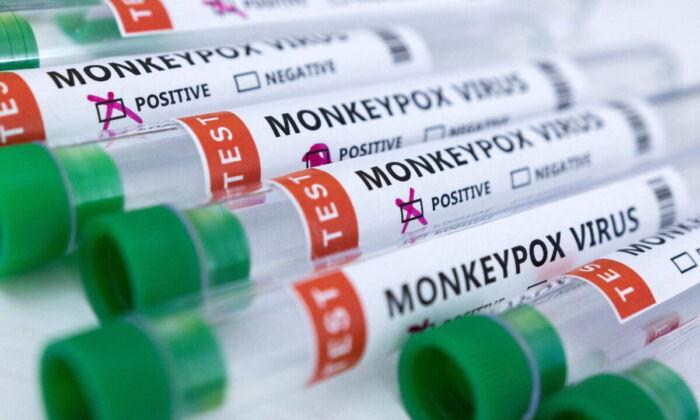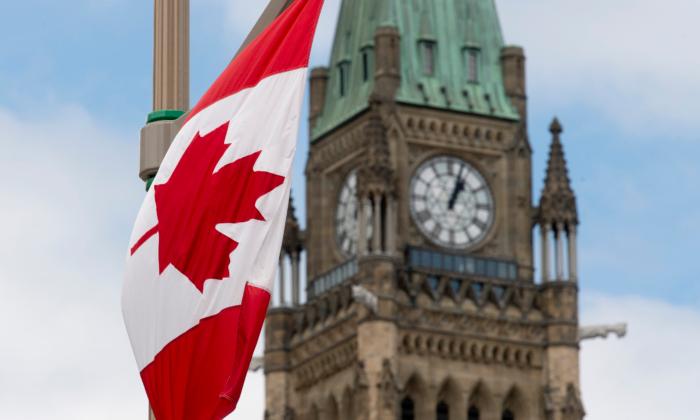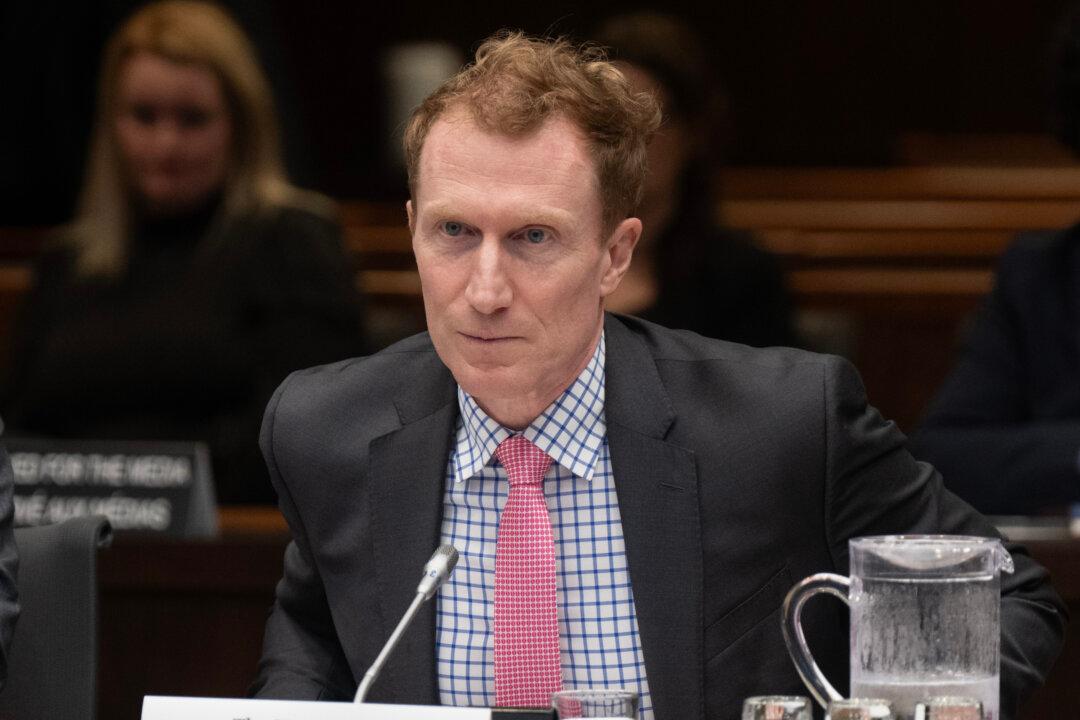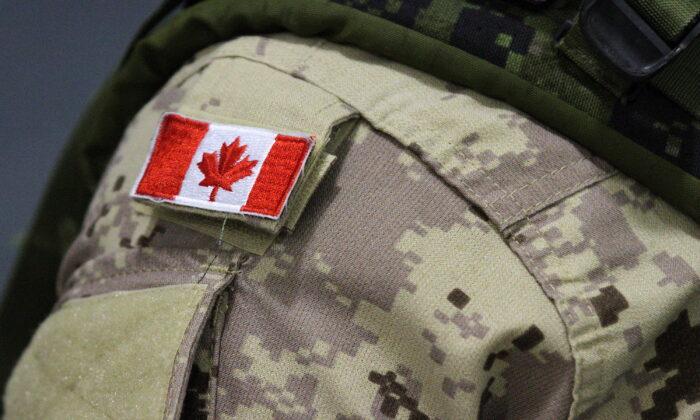A total of 681 cases of monkeypox have been confirmed across five provinces in Canada, while the numbers are expected to rise as the World Health Organization (WHO) has declared a “public health emergency of international concern” amid the global virus outbreak.
The Public Health Agency of Canada (PHAC) said in a July 23 statement that it is coordinating with provinces, territories, and the international community in response to the situation.
“Canada will continue to work with the WHO and international partners to strengthen the global response to the current monkeypox outbreak.”
Emergency Declaration Lacks Consensus
On July 23, the WHO declared the monkeypox outbreak a global emergency, saying there are now more than 16,000 reported cases across 75 countries and territories.A global emergency is the WHO’s highest level of alert but the designation does not necessarily mean a disease is particularly transmissible or lethal.
WHO Director-General Tedros Adhanom Ghebreyesus made the decision on calling monkeypox a global emergency despite a lack of consensus among experts on the U.N. health agency’s emergency committee, saying he acted as “a tiebreaker.”
It was the first time a U.N. health agency chief has unilaterally made such a decision without an expert recommendation.
“I know this has not been an easy or straightforward process, and that there are divergent views among the members.”
PHAC said over 70,000 doses of Imvamune, a Health Canada-approved vaccine recommended by the National Advisory Committee on Immunization against monkeypox, have been distributed to provinces and territories by the federal government to date.
To limit the spread of the virus, the federal health agency recommended staying home and limiting contact with others should a person develop symptoms.
Other recommendations include avoiding close physical contact with someone who is infected with or may have been exposed to the virus, maintaining good hand hygiene, and cleaning high-touch surfaces.
“PHAC will continue to provide regular public updates as new information becomes available,” the federal agency said.






Friends Read Free